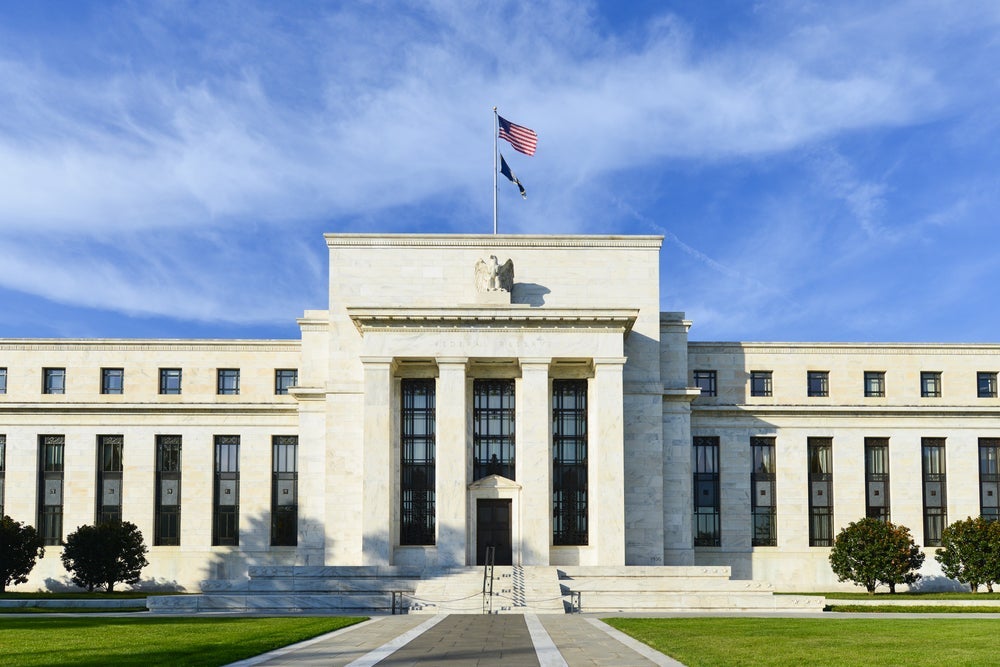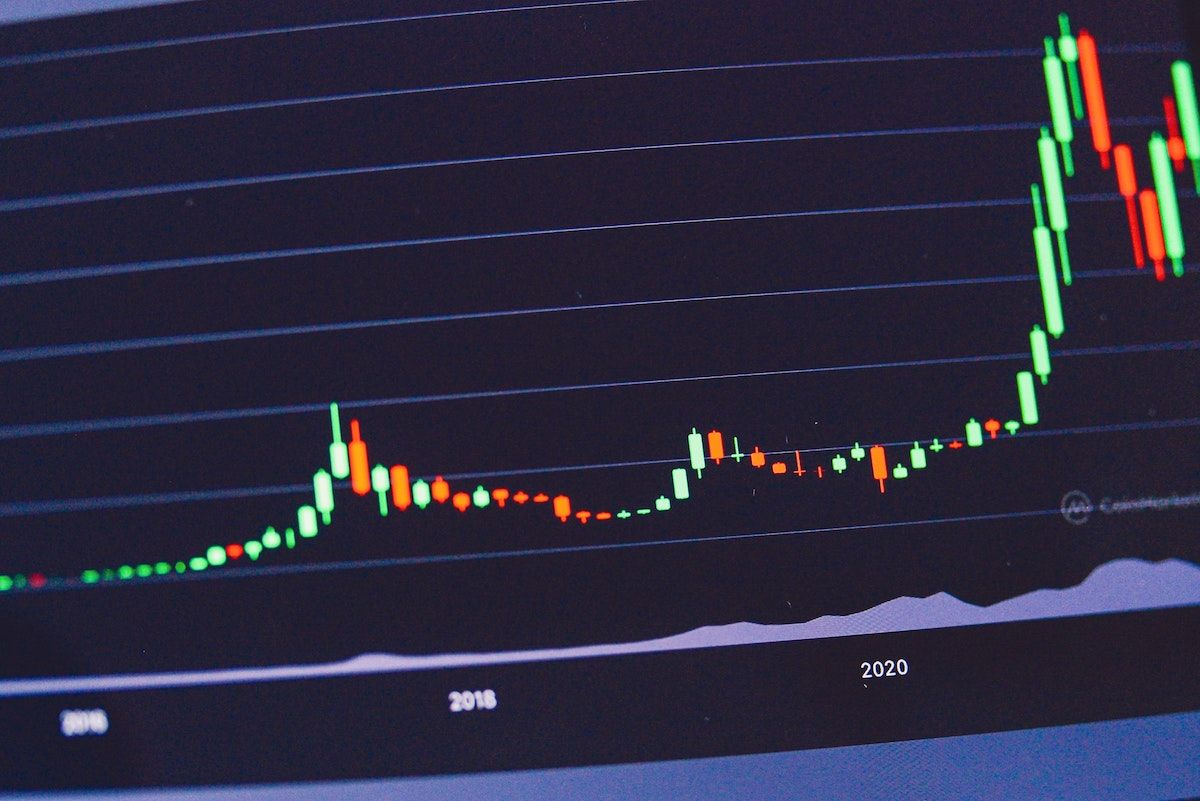A Potential Shift in Fed Policy and Its Impact on Cryptocurrencies
The global economic landscape is experiencing significant shifts, with trade tensions reaching new heights and inflationary and disinflationary forces intertwining in complex ways. Amid this turmoil, the crypto market finds itself at a pivotal juncture, as institutional investors reassess their sentiment toward digital currencies.
The Disinflationary Pressure from Tariffs
President Donald Trump’s tariff policies have instigated disinflationary pressures, leading some economists to speculate that the Federal Reserve may adopt a more dovish stance. This shift could potentially result in lower interest rates and increased liquidity, which historically has been conducive to risk-taking and asset price appreciation.
Cryptocurrencies as Alternative Investments
With traditional assets like stocks and bonds facing increased volatility, cryptocurrencies, particularly Bitcoin and stablecoins, are gaining attention as potential alternative investments. These digital currencies offer unique characteristics such as decentralization, limited supply, and the potential for higher returns.
Institutional Investors’ Perspective
Institutional investors, who have been cautious towards cryptocurrencies due to their volatility and regulatory uncertainty, are now reconsidering their positions. The potential for lower interest rates and the perceived safety of stablecoins make them an attractive option for those seeking diversification and higher returns.
Impact on Individual Investors
For individual investors, a dovish Fed policy could mean an opportunity to enter the crypto market at potentially lower prices. As institutional investors increase their exposure to digital currencies, it could lead to a surge in demand, driving up prices. However, it’s essential to remember that investing in cryptocurrencies carries risks and requires thorough research.
Global Implications
The potential shift in Fed policy and its impact on the crypto market could have far-reaching implications. Developing economies, which have been hit hardest by the trade tensions, could benefit from the increased liquidity and potential inflow of foreign investment. However, it could also lead to currency depreciation and increased inflationary pressures in some countries.
Conclusion
The global economic landscape is undergoing significant changes, and the crypto market is poised to benefit from these shifts. A potential dovish shift by the Federal Reserve, driven by disinflationary pressures stemming from trade tensions, could lead to increased institutional investment in digital currencies like Bitcoin and stablecoins. For individual investors, this could mean an opportunity to enter the market at potentially lower prices, but it’s crucial to remember the inherent risks and to conduct thorough research before investing.
- Global trade tensions are leading to disinflationary pressures.
- The Federal Reserve may adopt a more dovish stance, leading to lower interest rates and increased liquidity.
- Cryptocurrencies, particularly Bitcoin and stablecoins, are gaining attention as alternative investments.
- Institutional investors are reconsidering their positions on cryptocurrencies.
- Individual investors could benefit from lower entry prices as institutional investment increases demand.
- Developing economies could potentially benefit from increased foreign investment and inflows of liquidity.





